The global food supply chain is becoming ever more vulnerable as the largest pork producer, Smithfield Foods, closed several meat processing factories after facing mounting COVID-19 infections. One of its factories in Sioux Falls, South Dakota which produces 5% of U.S. pork products, found more than 640 coronavirus cases.
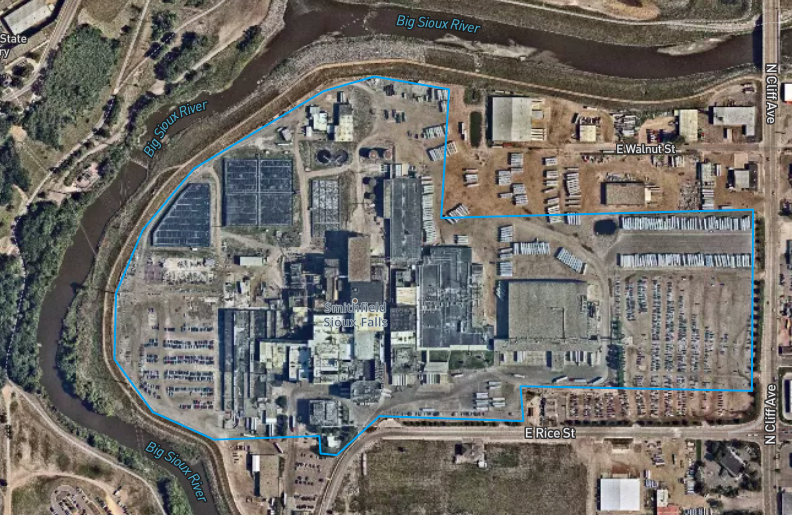 Smithfield Factory, Sioux Falls
Smithfield Factory, Sioux Falls
Using its proprietary platform GO, Orbital Insight analyzed how this shutdown has affected the pork industry as a whole. We looked at 10 of the top factories to illustrate the risk to customers, suppliers, and competitors.
As you can see below, there was a substantial slowdown at Smithfield factory (Sioux Falls, SD) detected starting April 10th. Other factories such as just Wamplers (Lenoir, TN) and Hormel in (Austin, MN) are showing similar downward trends in the last week, even while you would anticipate that they would have more demand since the Smithfield shutdown. Bob Evans Farms Slaughterhouses (Xenia, OH) and (Hillsdale, MI) are the only factories that show slightly more activity. Orbital will continue to monitor these plants and share insights with our customers monitoring food security.
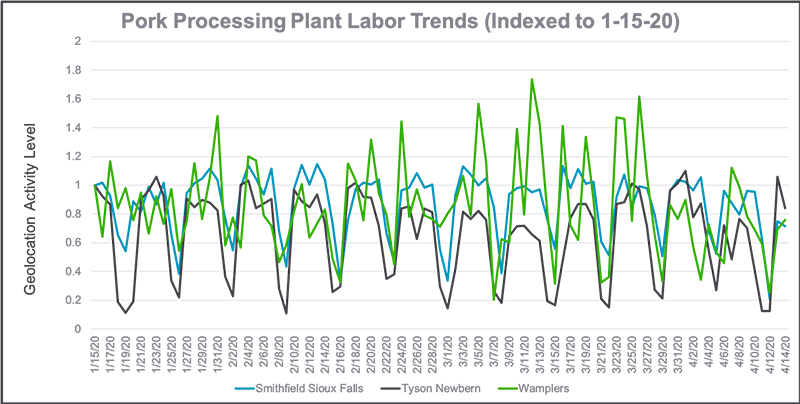
Impossible Burger, the developer of plant based burgers that imitate meat, debuted at 1000 grocery stores and retailers in the bay area on Friday, anticipated that more people are cooking from home and may be less favorable towards meat these days given the latest developments. They also claim that their manufacturing setup is much easier to “social distance” people than in meat processing plants. Orbital and GO users will be able to, over the next month, determine whether Impossible Burger, Beyond Meat and other fake meat producers will really fill the gap in the food supply.
Food companies and their investors are examining, like never before, their operational risks at all parts of their business from farm to table. Orbital Insight is working with numerous customers, such as Unilever, to improve supply chain traceability by leveraging multiple sources of geospatial data such as satellite imagery, AIS, and mobile location data to expose anomalies, whether it be COVID-19, strikes, equipment failures or delivery delays.
Companies of all industries need to understand how their suppliers and even their suppliers’ suppliers may affect their bottom line. Today’s course of action often involves sending employees in person to factories to try to understand what is happening at those sites. Orbital Insight provides a modern solution to understand the supply chain disruptions much earlier than with current measures taken, helping decision makers take faster action. In this example, understanding factory disruptions earlier would mean that the pork industry would be quicker at imposing better safety measures and coming up with solutions to redirect their product to avert further disruptions across their supply chain.
Orbital Insight is the geospatial analytics company that helps organizations understand what’s happening on and to the Earth. Customers including Unilever, Airbus, RBC Capital Markets, The World Bank and the U.S. Department of Defense use Orbital Insight’s self-service analytics platform to make smarter business decisions, build sustainable supply chains and improve national security. Headquartered in Palo Alto, Calif., Orbital Insight is backed by Sequoia, GV and Goldman Sachs.
When you use our services, you trust that we are ethically and responsibly sourcing our data. Privacy is a big responsibility that Orbital Insight takes seriously. As such, Orbital Insight does not receive or share personally identifiable information. Insights are derived at an aggregated level and our customers never receive raw data. Our analytical outputs are anonymized and aggregated long before they get to you.
To learn more about the data behind this article and what Orbital Insight has to offer, visit https://orbitalinsight.com/.







Sign up to receive our stories in your inbox.
Data is changing the speed of business. Investors, Corporations, and Governments are buying new, differentiated data to gain visibility make better decisions. Don't fall behind. Let us help.
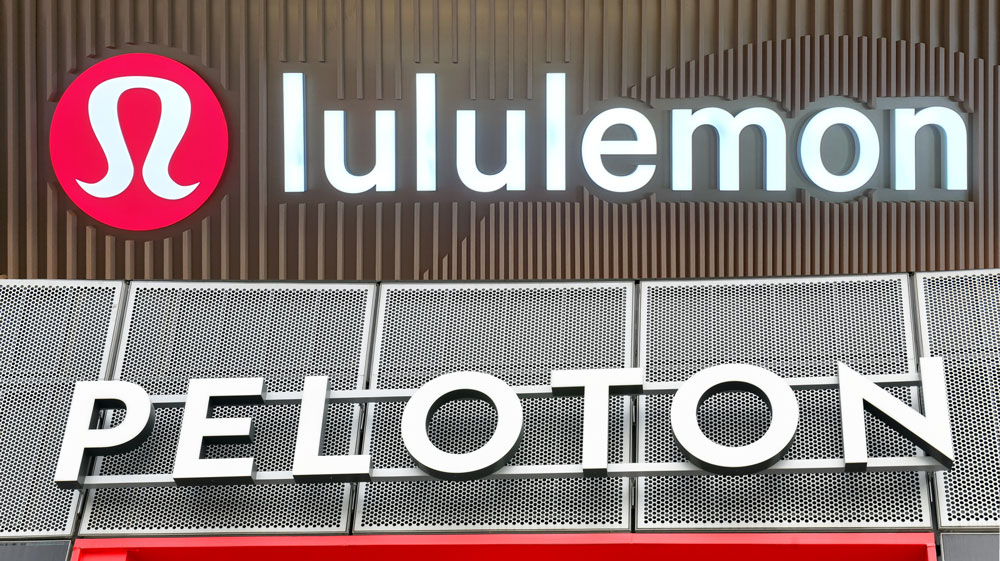


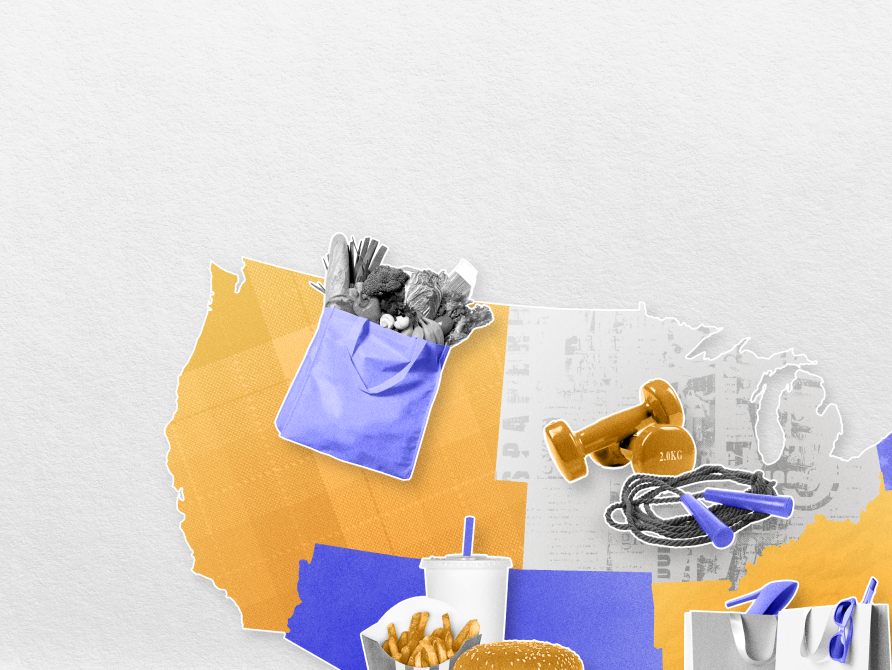
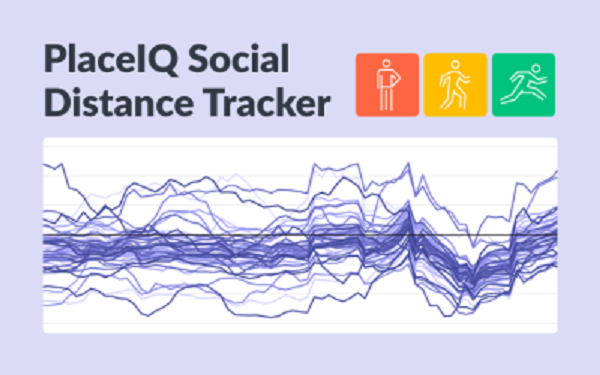
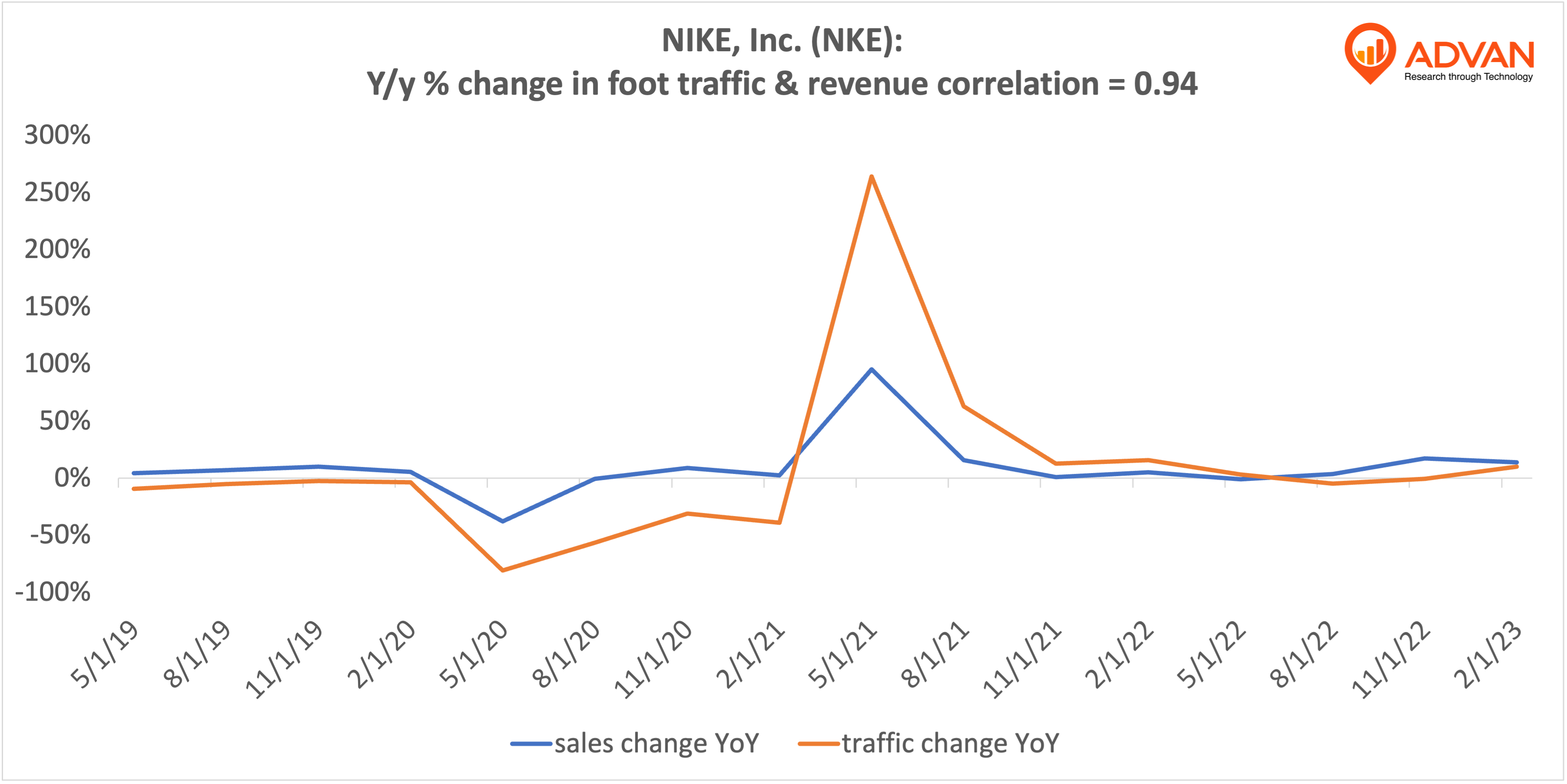







Sign up to receive our stories in your inbox.
Data is changing the speed of business. Investors, Corporations, and Governments are buying new, differentiated data to gain visibility make better decisions. Don't fall behind. Let us help.





